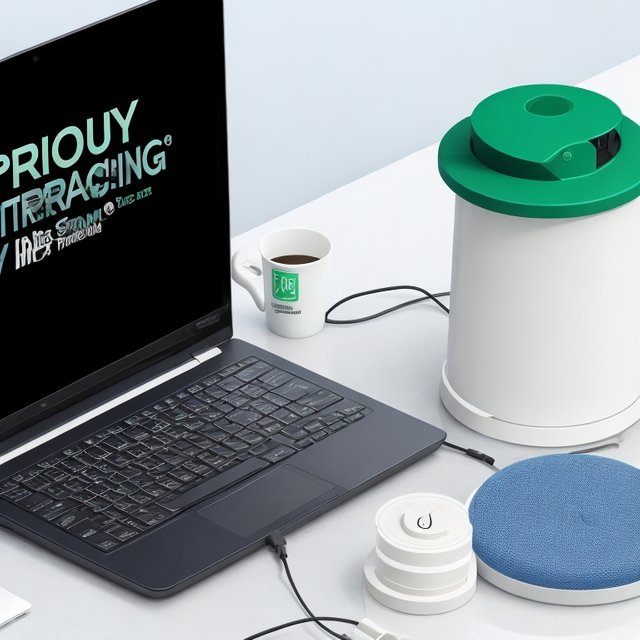Privacy Threats in Internet
The internet has become an essential part of modern life, but it also poses a number of privacy threats. When we use the internet, we generate a lot of data about ourselves, such as our browsing history, search queries, and online purchases. This data can be collected by websites, internet service providers (ISPs), and other companies.
Some of the ways that our privacy can be threatened on the internet include:
Tracking: Websites and other companies can use tracking technologies such as cookies and web beacons to track our online activity. This data can be used to target us with advertising, or it can be sold to third parties.
Data breaches: Companies that collect our data can be hacked, resulting in data breaches. This can expose our personal information to criminals, who can use it for identity theft or other crimes.
Surveillance: Governments and corporations can use surveillance technologies to monitor our online activity. This data can be used to track our movements, target us with advertising, or even suppress dissent.
Privacy Threats at Work
Employers increasingly monitor their employees' online activity and communications. This monitoring can be done through a variety of means, such as email monitoring, web filtering, and social media monitoring. Employers may also use GPS tracking devices to track their employees' movements.
Some of the ways that our privacy can be threatened at work include:
Email monitoring: Employers may monitor their employees' email communications, both for business and personal purposes. This monitoring can be done without the employee's knowledge or consent.
Web filtering: Employers may block access to certain websites or online services. This can be done to prevent employees from wasting time or to protect the company's network from security threats.
Social media monitoring: Employers may monitor their employees' social media activity, both for business and personal purposes. This monitoring can be done without the employee's knowledge or consent.
GPS tracking: Employers may use GPS tracking devices to track their employees' movements. This tracking can be done without the employee's knowledge or consent.
Privacy Threats in Drug Testing
Drug testing is a common practice in many workplaces. Employers may require employees to undergo drug testing before they are hired, or they may test employees randomly or on suspicion of drug use.
Some of the ways that our privacy can be threatened in drug testing include:
Collection of personal information: Drug testing companies typically collect personal information from employees, such as their name, address, and date of birth. This information may be used to identify the employee's sample and to verify the results of the test.
Storage of test results: Drug testing companies typically store the results of drug tests for a period of time. This data may be used by the employer to make decisions about employment, or it may be sold to third parties.
False positives: Drug tests can sometimes produce false positives, which means that the test indicates that an employee is using drugs when they are not. False positives can occur for a variety of reasons, such as certain medications or foods.
How to Protect Your Privacy
There are a number of things that you can do to protect your privacy on the internet, at work, and in drug testing. These include:
Be careful about what information you share online: Only share personal information with websites and companies that you trust. Be careful about clicking on links in emails or on social media.
Use strong passwords and enable two-factor authentication: Use strong passwords for all of your online accounts, and enable two-factor authentication whenever possible. This will help to protect your accounts from hacking.
Be aware of your employer's privacy policies: Read your employer's privacy policies to understand how your online activity and communications are monitored. If you have any concerns, talk to your supervisor.
Know your rights in drug testing: Some states have laws that protect employees' privacy in drug testing. If you are required to undergo drug testing, learn about your rights in your state.
By taking these steps, you can help to protect your privacy in the internet age.
